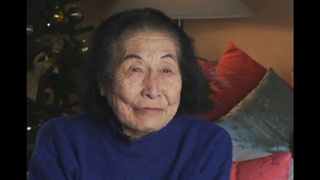Interviews
Lesson learned from community college faculty
We had a cooking program, one-year cooking program at Kapiolani Community College, it's a small program and it was run by, at that time, it was run by Shiro Matsuo. Shiro's saimin. He's famous now in Hawaii as the Saimin King.
And once, one of my colleagues came in and said, Look at the graduation rates for these different programs. Look at Shiro's program. The graduation rate is low. Lot of his students are dropping out before they graduate. So I went to see Shiro. I said, Shiro, what's, what's happening here? I showed him the record. He says, Oh, what's wrong? I said, Your students are not graduating. He looked at me and he said, Is it my job to have them graduate or is it my job to find them useful jobs? I thought we're training 'em so they can become good chefs and cooks and get jobs in those fields. He said, So when, when the Royal Hawaiian Hotel calls me and said, 'Hey, we need someone to help the sous chef, you got someone there?' He said, I send my best student. So maybe it's good they don't graduate. [Laughs]
He says, I think they got enough training. I send them there and after all, he says, isn't that what we're training them for? We're training them for gainful employment and here's an excellent chance. So I said, Oh. He taught me a lesson. It's not the graduation rate, but the end result. What are we trying to do? So I learned a lot from the community college faculty.
Date: March 19, 2004
Location: California, US
Interviewer: Mitchell Maki
Contributed by: Watase Media Arts Center, Japanese American National Museum.










